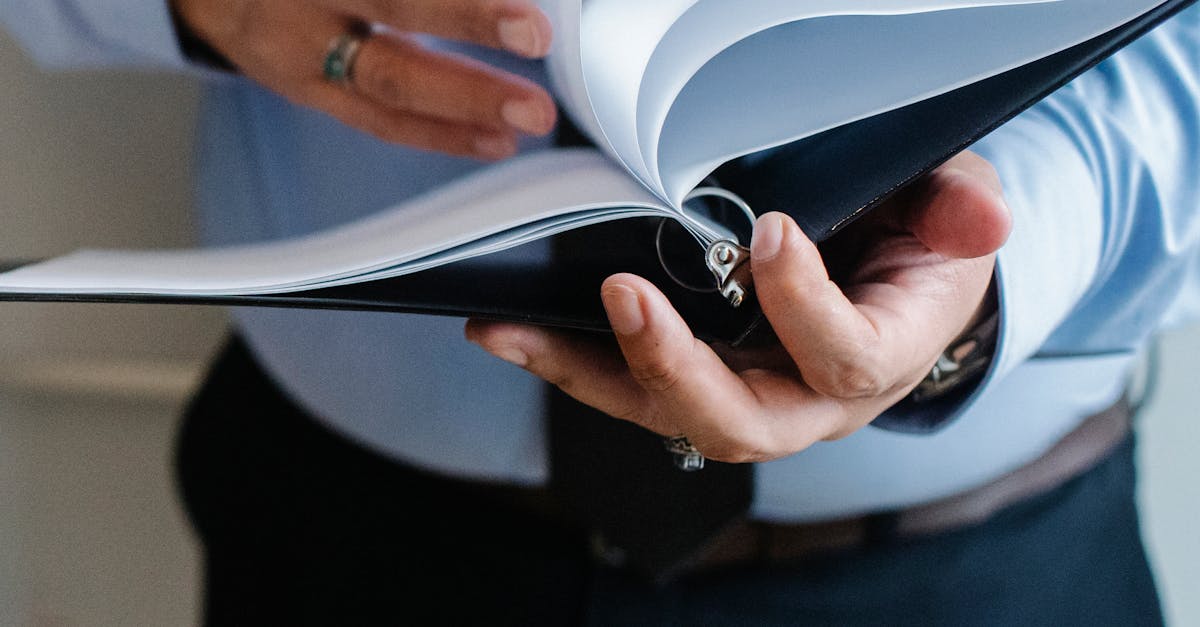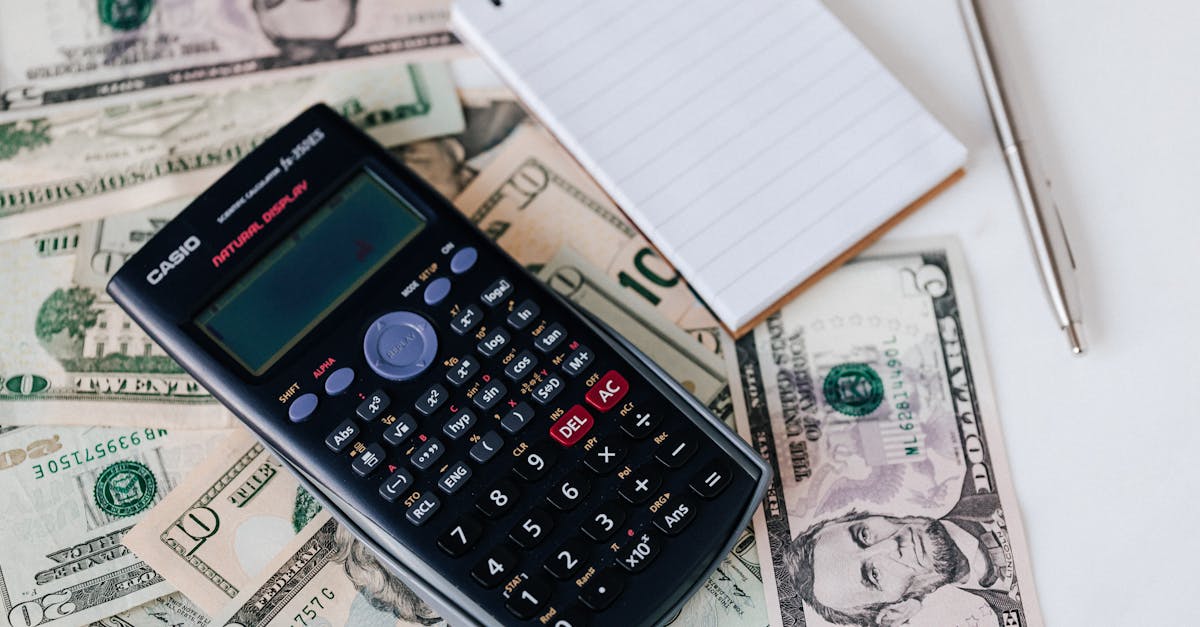
A personal finance plan In order to take charge of your money and create a solid financial future, philosophy is crucial. My guiding principles are straightforward: live within my means, put money aside for the future, and invest in things that produce passive income.
I also place a high priority on reducing debt, setting up an emergency fund, and engaging in cautious spending. With this strategy, I can maintain control over my money and make deft choices that will improve my financial situation over the long term.
I’m able to handle my money in a way that advances my financial objectives and brings me comfort by concentrating on these important factors.
My personal finance philosophy is to live within my means, save for the future, and invest in assets that generate passive income. I also strive to pay down debt, build an emergency fund, and practice mindful spending.
What Will Be Your Personal Finance Philosophy
When it comes to personal finance, my philosophy is to save for the future, invest in assets that generate passive income, and live within my means. I also prioritize paying down debt, building an emergency fund, and practicing mindful spending.
These practices help ensure financial security and stability for the future. By taking proactive steps now, I can better prepare for unexpected expenses or financial needs that may arise. With careful planning and discipline, I can make the most of my financial resources.
Related Post: Why Is It Important To Manage Your Personal Finances Correctly
Establishing Your Personal Finance Philosophy
Establishing a personal finance philosophy is a great way to ensure you’re on track to reach your financial goals. The first step is to determine what your financial goals are, and then create a plan to achieve those goals.
It’s also important to consider your lifestyle and how much you are able to save and invest. To build a solid financial foundation, focus on living within your means, saving for the future, investing in assets that generate passive income, paying down debt, and building an emergency fund.
Mindful spending is also key to ensuring you don’t overspend. With a clear finance plan and disciplined approach, you can create a secure financial future.
Related Post: Where To Learn About Personal Finance
Setting Financial Goals
is a critical part of financial management. When done right, it will help you live within your means, save for the future, pay down debt, build an emergency fund, and enjoy mindful spending. It’s important to take the time to think of your financial goals and how you will achieve them.
Some steps to consider include setting specific, achievable goals, creating a budget and tracking your expenses, and investing in assets that generate passive income. Once you have your goals in place, it’s important to review them regularly and make adjustments as needed.
By taking these steps, you can ensure that your finances are on track to reach your short and long-term goals.
Related Post: Why Are Personal Finances Important
Developing An Investment Strategy

requires careful planning and a well thought out philosophy on personal finance. It’s important to live within one’s means, save for the future, and invest in assets that can generate passive income. Additionally, paying off debt, building an emergency fund, and practicing mindful spending can help to build a solid foundation for success.
With the right strategy, investors can take advantage of the many opportunities available and create a secure financial future.
Related Post: What Will Be Your Personal Finance Philosophy In 25 Years
Planning For Retirement
Retirement planning is essential for achieving financial security and freedom. To ensure success, it’s important to start early and save regularly. Developing a budget and living within your means is a great way to make sure you’re saving enough money.
Additionally, investing in assets that generate passive income can help make the most of your savings. Building a strong emergency fund and paying down debt can also help to secure your financial future. With these strategies in place, you can plan for retirement with confidence.
Related Post: What You Can Do With Personal Finance
Choosing A Savings Plan
can be an overwhelming task, but it doesn’t have to be. To start, it’s important to have a personal finance philosophy that aligns with your goals. This could include living within your means, saving for the future, and investing in assets that generate passive income.
Additionally, make sure you are paying down debt, building an emergency fund, and practicing mindful spending. By having a clear understanding of your financial situation, you can make an informed decision on the best savings plan for you. With the right plan in place, you can start to save for the future and have peace of mind.
Related Post: Why Personal Finance Apps
Managing Debt Wisely
is an important part of personal finance. Living within your means, saving for the future, and investing in assets that generate passive income can help you keep debt in check. Additionally, it’s important to pay down debt as soon as possible, build an emergency fund, and practice mindful spending.
By taking these steps and understanding the different types of debt and how to manage them, you can become debt-free and stay that way.
Related Post: Why Personal Finance Should Be Taught In Schools
Building A Budget
Creating and following a budget is an important step in achieving financial freedom. A budget is a plan for how your income is allocated. It includes your income sources, expenses, savings, and debt payments. Having a budget allows you to have control over your finances and plan for the future.
When building a budget, start by tracking your income and expenses for a month. This will give you a good idea of your spending habits. After that, start setting goals. This can include setting aside money for savings, paying down debt, and investing in passive income-generating assets.
Finally, be mindful of your spending. Make sure you are living within your means and not overspending. Following a budget can help you achieve financial freedom and make sure you are prepared for any unexpected expenses.
Related Post: Where To Learn About Personal Finance
Conclusion
My personal finance philosophy is to create financial stability and security by living within my means, saving for the future, investing in assets that generate passive income, paying down debt, building an emergency fund, and being mindful of my spending. By following this philosophy, I am confident that I can achieve my financial goals.
